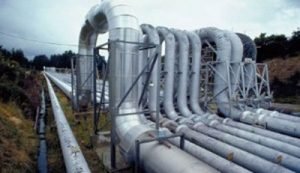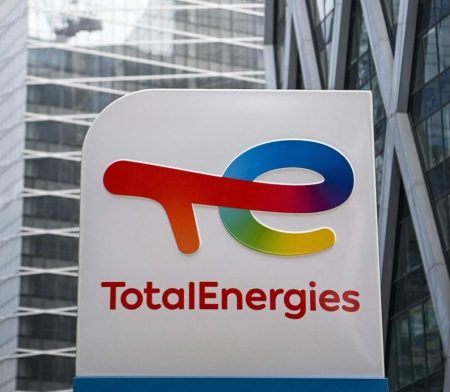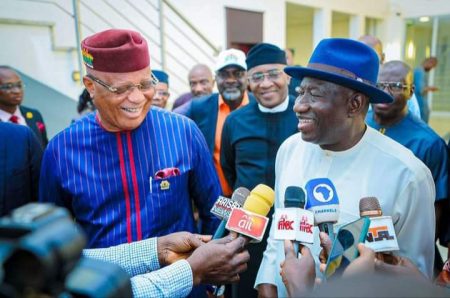
Melbourne — Australian businesses are paying about 50% more for domestically produced gas than export customers are, and the government should step up pressure on producers to close the gap, the country’s competition watchdog said on Monday.
The warning comes as the Australian government is counting on cheap gas to fuel a manufacturing recovery from the coronavirus pandemic.
The Australian Competition and Consumer Commission (ACCC) said offers to local gas users had fallen by early 2020 to around A$8-A$11 per gigajoule ($5.75-$7.90), but that was far above the A$6/GJ netback price for liquefied natural gas (LNG) exports.
The netback price is the spot LNG price in Japan, minus transport costs to Queensland export terminals and shipping costs to Japan.
“The ACCC is very concerned with the widening gap between domestic and export parity prices, which will have an inevitable impact on Australia’s industrial sector during what is already a difficult economic period,” ACCC Chairman Rod Sims said in a statement.
The regulator has monitored gas prices since 2017 amid worries about a supply crunch in eastern Australia after three plants run by ConocoPhillips, Royal Dutch Shell and Santos started exporting LNG from Queensland.
The concerns led the government to threaten export curbs on gas producers, who then reached a formal agreement to boost supply to the domestic market.
Sims called for the government to extend the supply pact, due to expire this year, and said it should include price commitments.
“I am yet to hear a compelling reason from LNG producers as to why domestic users are paying substantially higher prices than buyers in international markets,” Sims said.
Australian Energy Minister Angus Taylor said in a statement the government was taking the commission’s concerns seriously.
The gas industry association said producers had met all commitments to supply the domestic market and had offered all spot LNG cargoes to local buyers first. It noted that spot prices, which dropped to record lows earlier this year, were lower than producers’ long-term export contracts.
“It’s within that context the industry will carefully consider any request from the government regarding the merits of extending the Heads of Agreement,” Australian Petroleum Production and Exploration Association chief Andrew McConville said in a statement.
- Reuters



